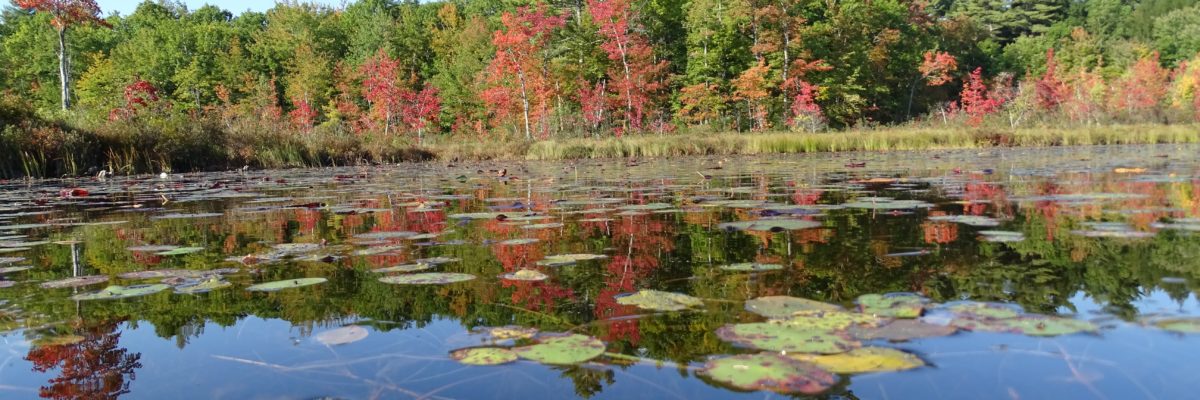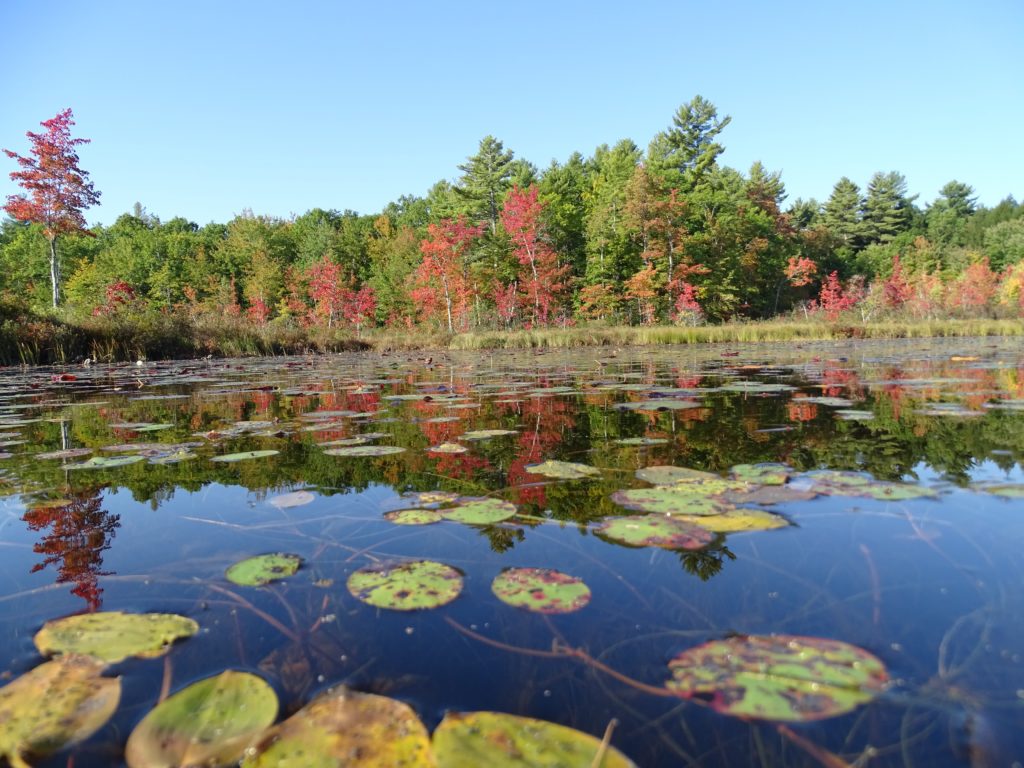Our fellowship is a one year, full-time program.
Yes, as long as they have completed a residency in family medicine or internal medicine accredited by the ACGME, ACGME-I, RCPSC, CFPC, or AOA.
Yes. We enter all of our available spots in the match.
We only accept applications outside of ERAS between match cycles if there are any unfilled spots in the program. Please contact our fellowship coordinator for details if you are interested in applying outside the match cycle.
Yes. Please contact us directly if you are a nontraditional applicant considering our program.
Our curriculum is structured as a combination of block rotations and longitudinal experiences. Key specialty areas such as hospice and palliative care, geriatric psychiatry, physical medicine and rehabilitation, neurology, and inpatient geriatric consults are offered as 4 week block rotations. We also offer a 2-4 week multispecialty block that allows the fellow to spend a few days each with other key specialties. Longitudinal experiences include geriatric continuity clinic, nursing home continuity care (combination of long term care and skilled nursing patients), dementia care at a local assisted living facility, and weekly outpatient geriatric consultations.
Absolutely. We are flexible and allow fellows to choose whether to maintain a full spectrum continuity outpatient panel in addition to a geriatric continuity panel or to focus solely on geriatric medicine during the year-long program.
Absolutely. Contact the fellowship coordinator for specific details.
We accept applicants who are trained in family medicine or internal medicine.
Most definitely. Every fellow is expected to engage in scholarly work during fellowship. This may include presentation of a clinical case or QI project at a conference, presenting at Grand Rounds, or publishing scholarly work. We encourage you to discuss your interests with us.
Yes, fellows have opportunities to teach as well as work with other learners. Our core family medicine program supports pre-doctoral education, so we routinely have medical students training with us. Most months a family medicine resident is rotating with our program. We also routinely have pharmacy students training with us.
Yes, an away elective that does not interfere with the required program elements is possible. Please let us know in advance of your interest so we can address the administrative details.
Yes, with some planning it is possible to start the program off cycle. Please let us know if you anticipate a delay in your start date.
At this time, we are not offering combined training fellowship programs to choose from.
For the 2025-26 academic year, the salary is $76,854. Fellows are given five conference days for continuing medical education and provided with an educational conference stipend of $850; reimbursement up to $1000.00 is available for relocation/moving expenses when relocating for the fellowship. Travel costs are reimbursed at the rate of 0.625/mile. Expenses to present scholarly work at a national geriatric medicine conference will also be reimbursed.
The fellowship provides payment in full for:
- Medical education license
- Membership to AGS (fellow status)
- Medical malpractice insurance
Fellows have the ability to participate in health insurance (there are 2 plans to choose from), dental insurance, and medical / daycare reimbursement accounts.
The winter experience can differ substantially between coastal, interior, and northern regions of the state and vary widely from year to year. Each winter guarantees occasional Nor’easters resulting in large snowfall totals and a string of sub-zero-temperature days, but snowfalls of less than 8 inches and temperatures in the single digits and teens are more common. Plows are abundant so roads are kept reasonably well-cleared but good snow tires make travel safer. Our longer winter season leads to an abundance of outdoor winter activities and sporting opportunities. Many faculty participate in outdoor winter experiences and can share tips.

